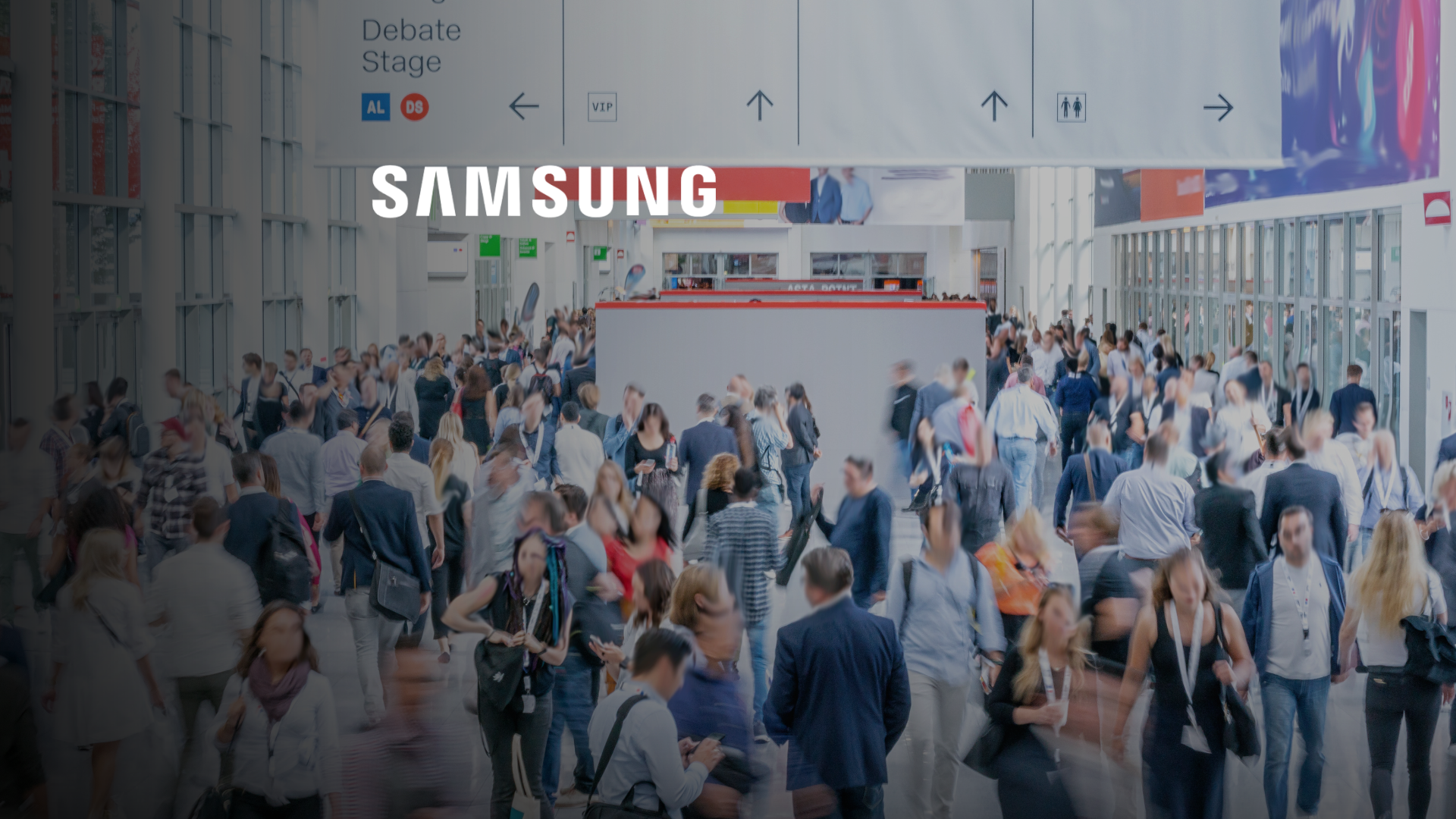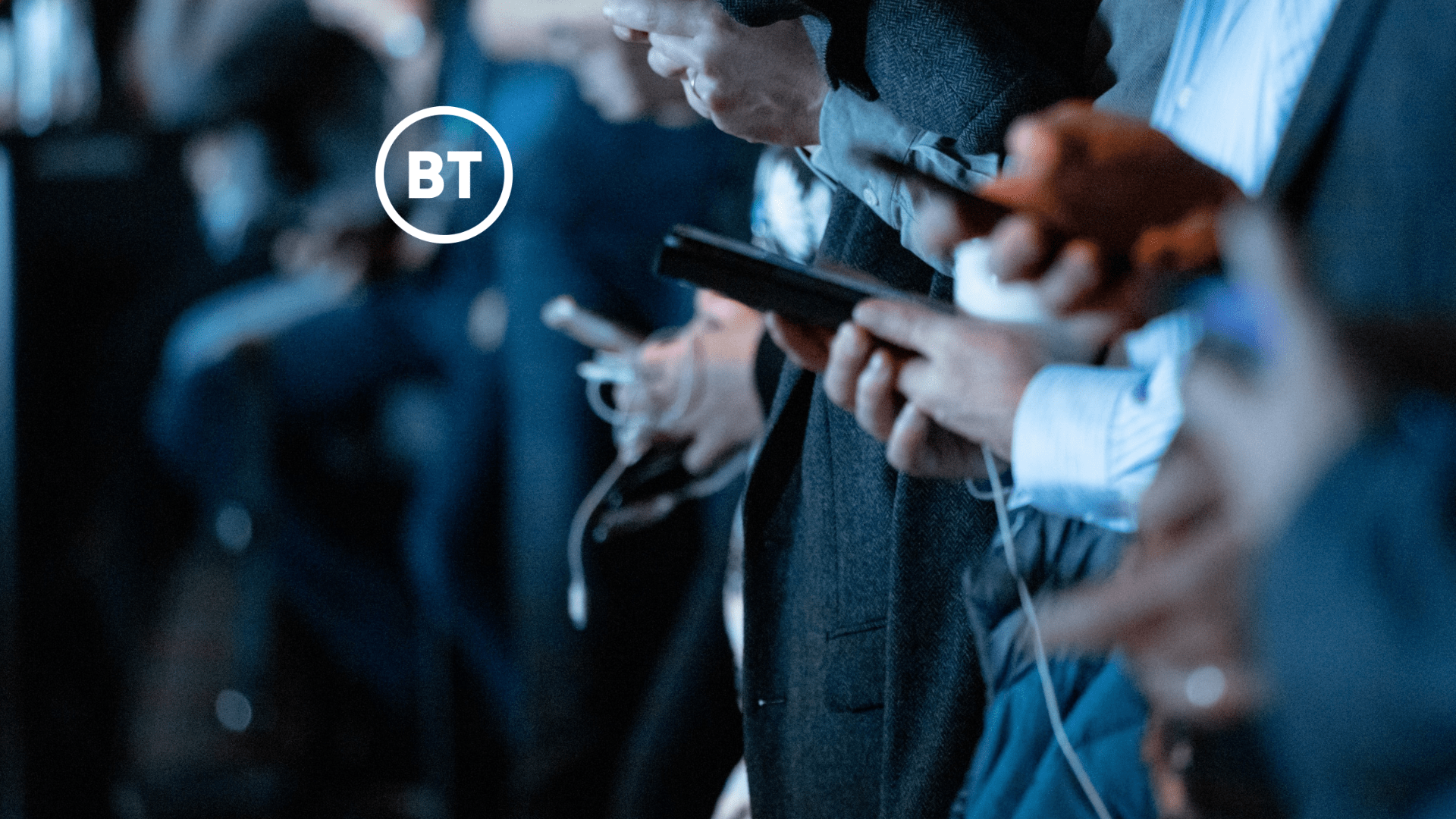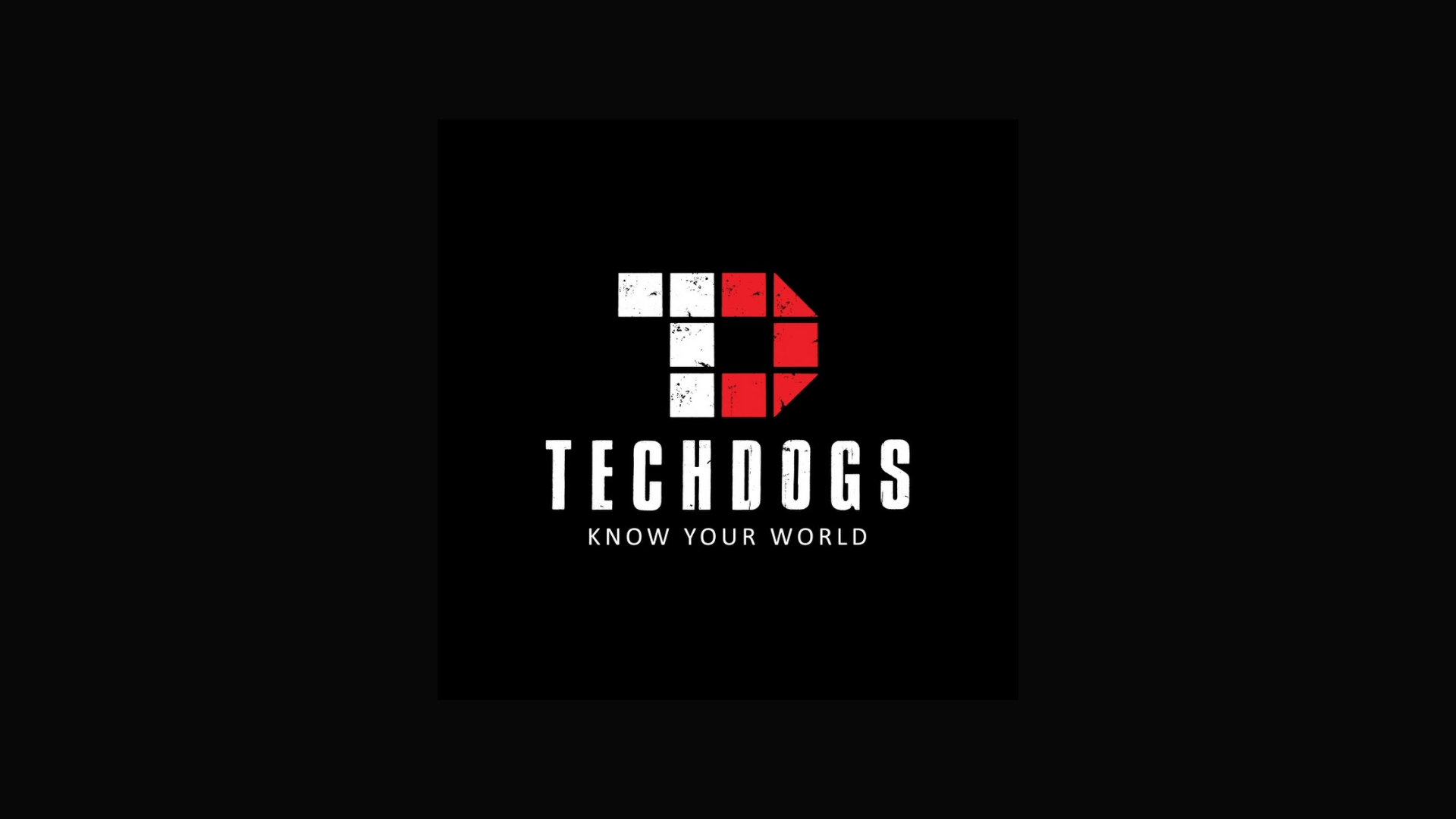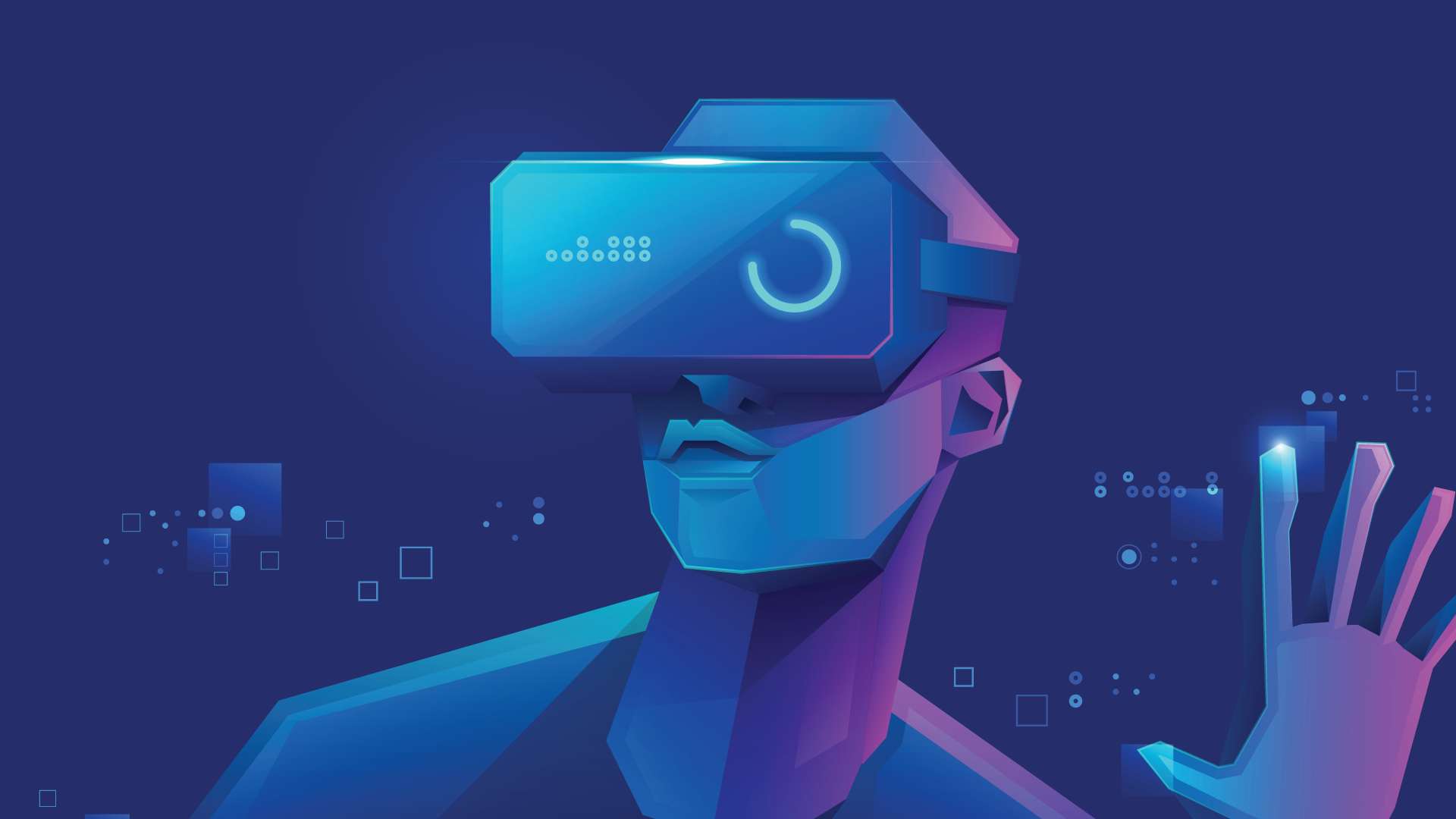Fast forward three decades later, Mark Zuckerburg has all but claimed this new world for himself. And to stake his claim even further, he rebranded Facebook as ‘Meta’ – but if you ask anyone else, it’s still Facebook.
The hype hasn’t slowed down as we’re continuously seeing a plethora of brand across all industries take their own shot into this world. But what is it exactly and how can we interact with it?
Meta – who?
Metaverse. While every leading expert has their own definition of this alternate universe, we can simply define it as a simulated digital environment accessible by augmented and virtual reality technology.
Think of your virtual presence – the life you live on Instagram, Twitter or TikTok – and reimagine it as a digital world where you can have a “physical” presence, engaging with people, brands and businesses. In the metaverse, digital spaces will be populated by virtual avatars, interacting with each other, making money, buying services and accumulating digital assets. The scope for use cases is endless and businesses have taken note.
For example, HSBC brought virtual real estate in The Sandbox blockchain game and luxury retailer Burberry collaborated with Mythical Games to launch its own NFT accessories. With partnerships or incentives like this, customers can buy digital assets and interact with brands in a virtual setting.
The Opportunity
Other businesses are still trying to figure out the logistics themselves. It’s more complicated than just creating a virtual avatar. Businesses need to establish their brand presence and confirm the best use case for them. On a very top level, there’s currently three main opportunities:
Collaboration and interaction
For retailers this means that customers can interact with products in virtual outlet stores as well as enjoy a better customer service experience – one that considers the nuances of body language and behaviour.
Alternatively, it also allows companies to create a stronger workforce that can collaborate and brainstorm in a virtual setting, all while working from home.
This also includes events and conferences. Forget Zoom fatigue, the metaverse offers a space to move around and have natural, informal interactions in more spaces than just a one virtual meeting room.
Manufacturing and engineering
Businesses can create simulations of manufacturing operations to iron out any of the bottlenecks in a product line that could potentially affect the quality or delivery of a product before starting real productions.
Similarly, Boeing recently announced plans to build its next aeroplane in the metaverse so that it can strengthen its engineering to build better, safer and quality planes. And according to TrendForce, the metaverse could propel global “smart” manufacturing revenue to $540 billion by 2025.
Learning and development
The metaverse also provides an environment to train workers on business procedures and emergency/accident training. Given the virtual nature, it becomes a safe space for employees to learn in a more hands-on way, instead of just referring to videos and manual training for key tasks.
Takeaway
While reading science fiction novels helps grasp the idea of a metaverse, the range of offers available are never-ending. As someone who learnt about the metaverse during the peak of lockdown, I was quite hesitant to get on board. We spent close to two years refraining from touching loved ones and staying the proposed two meters apart so why would I want to create a virtual double to live an alternative life for me? Especially when there’s so much more to explore in this world.
However, many experts believe that the metaverse can enhance our physical world experiences. It’s not just about escaping to a new world but using the digital world to explore, learn and test solutions that could benefit our real-world experience. This form of gamification not only drives customer incentives and human interactions but allows businesses to build stronger trained employees and reimagine their production lines and services.
Businesses are still trying to work out how they can steer the ship in the best way for them. While we might not see the metaverse take full shape in the next five years or so, businesses across all industries sure aren’t wasting time to brainstorm and test new ideas.















